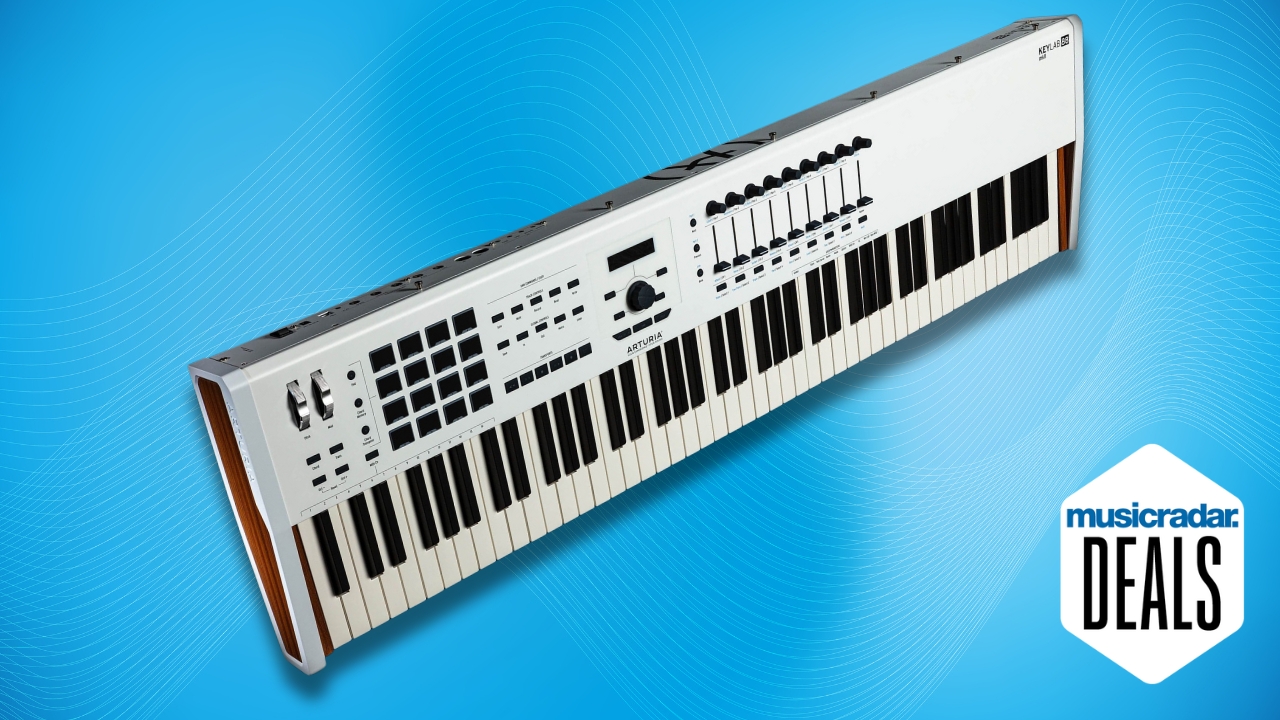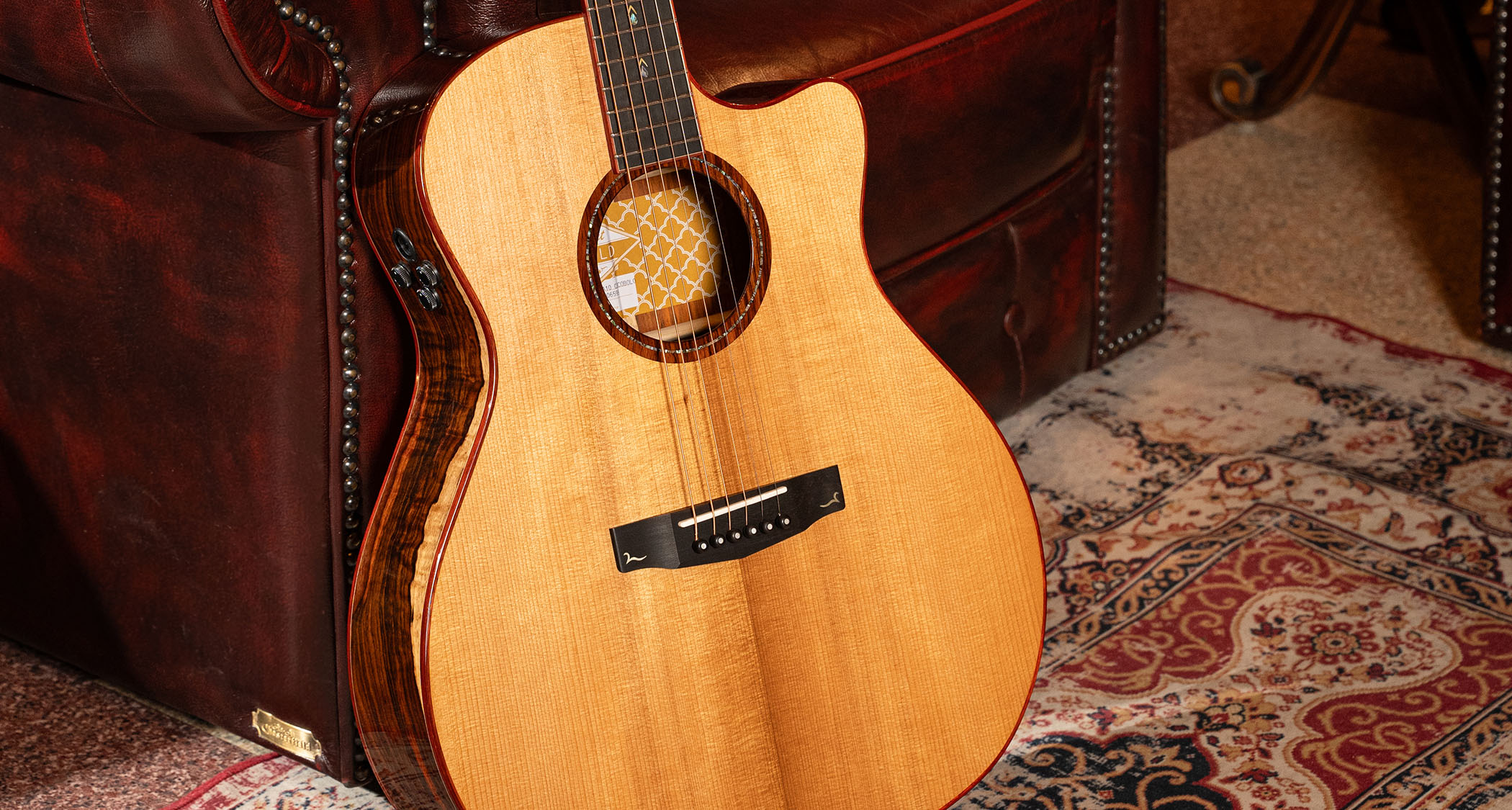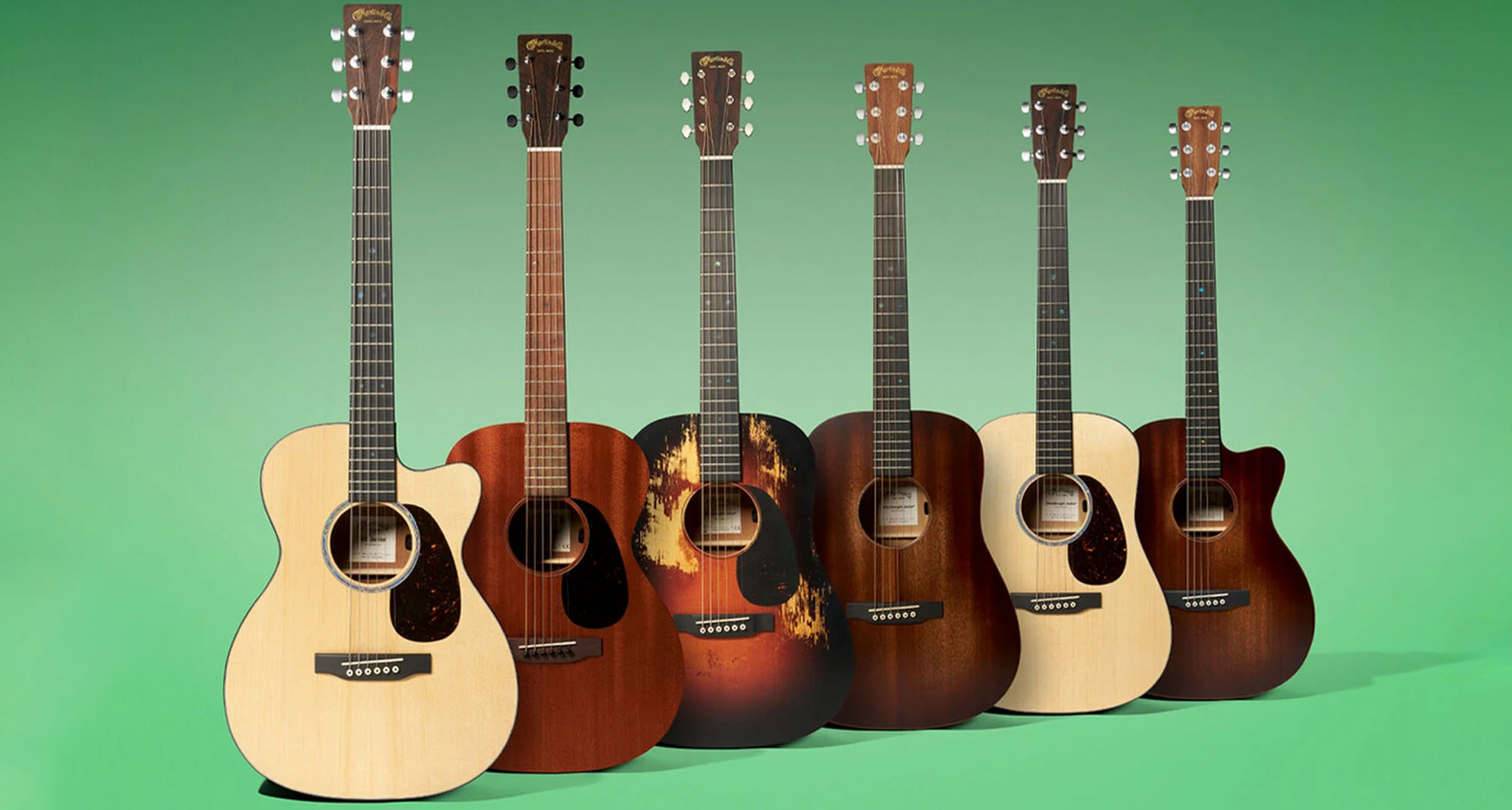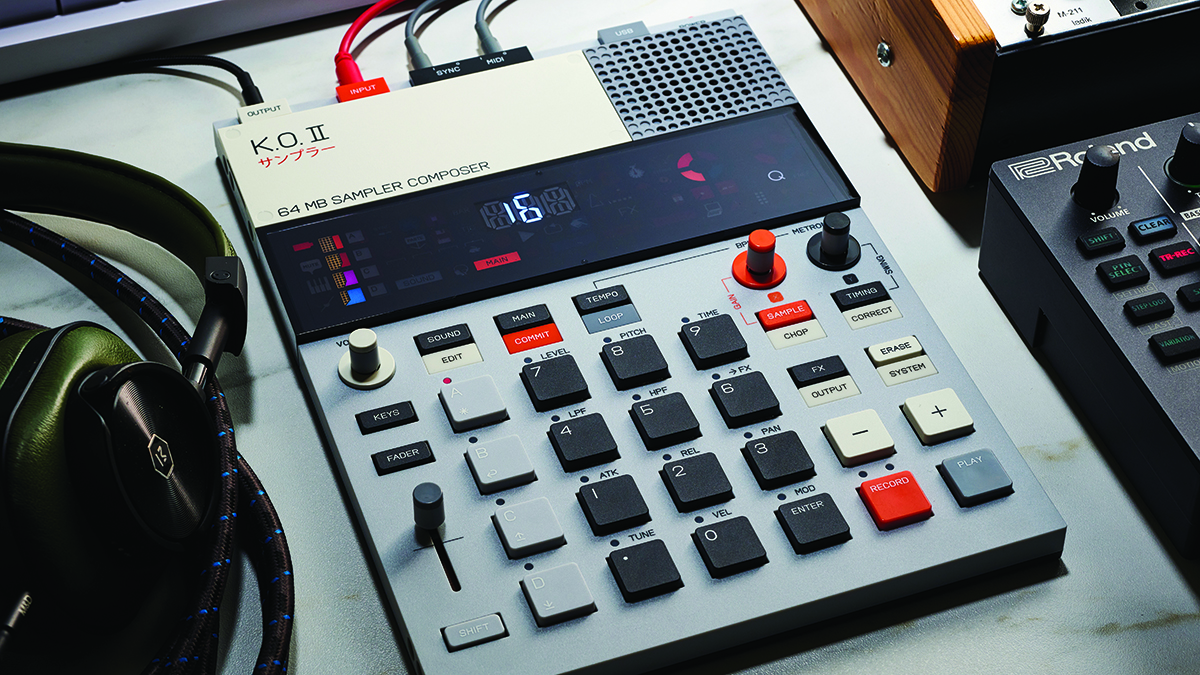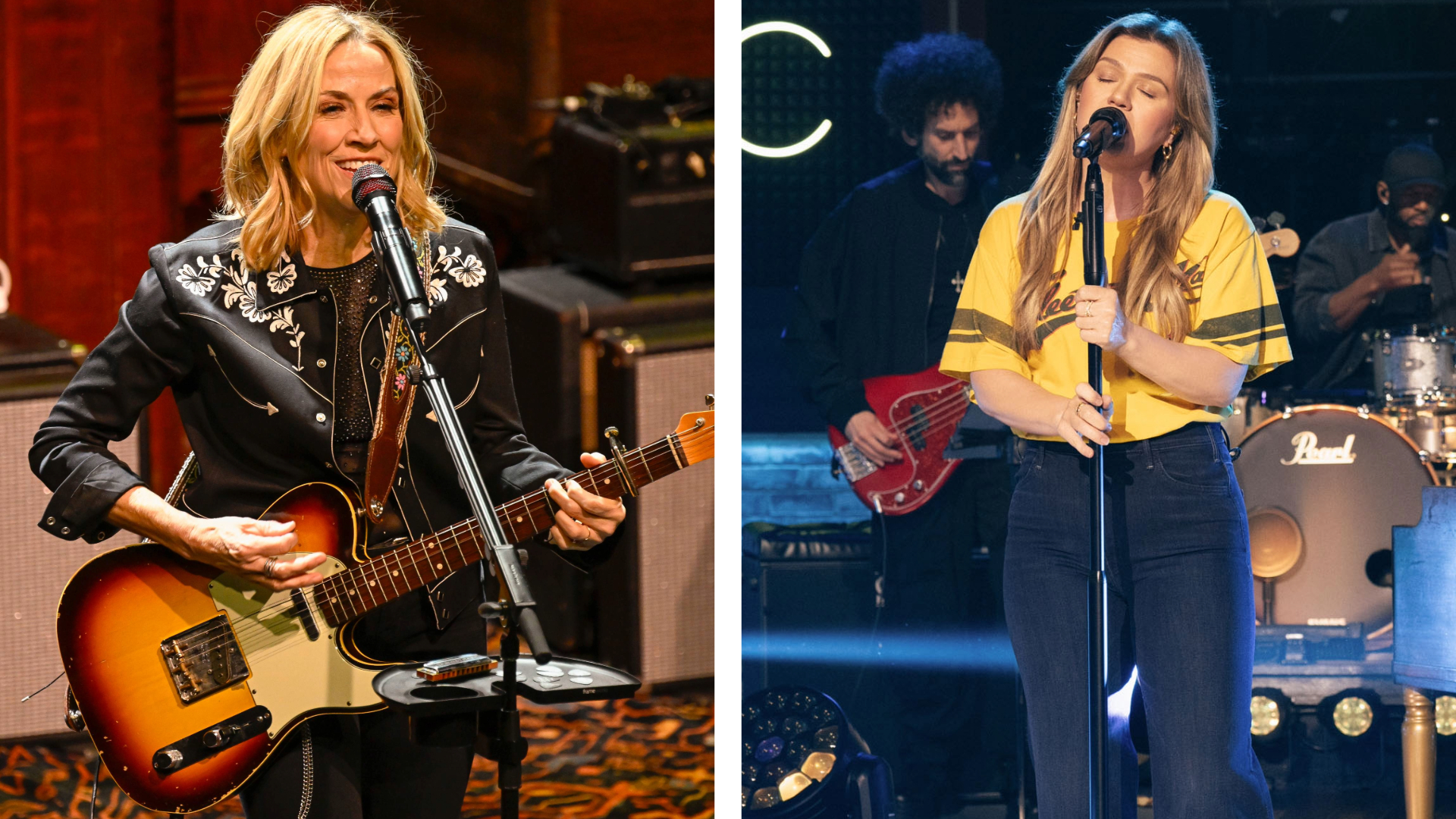Alai K: "Every time I listen to techno it reminds me of spiritual music, tribal music, like it's done in Africa"
We meet the Kenyan producer fusing traditional East African rhythms with the pulse of contemporary dance music
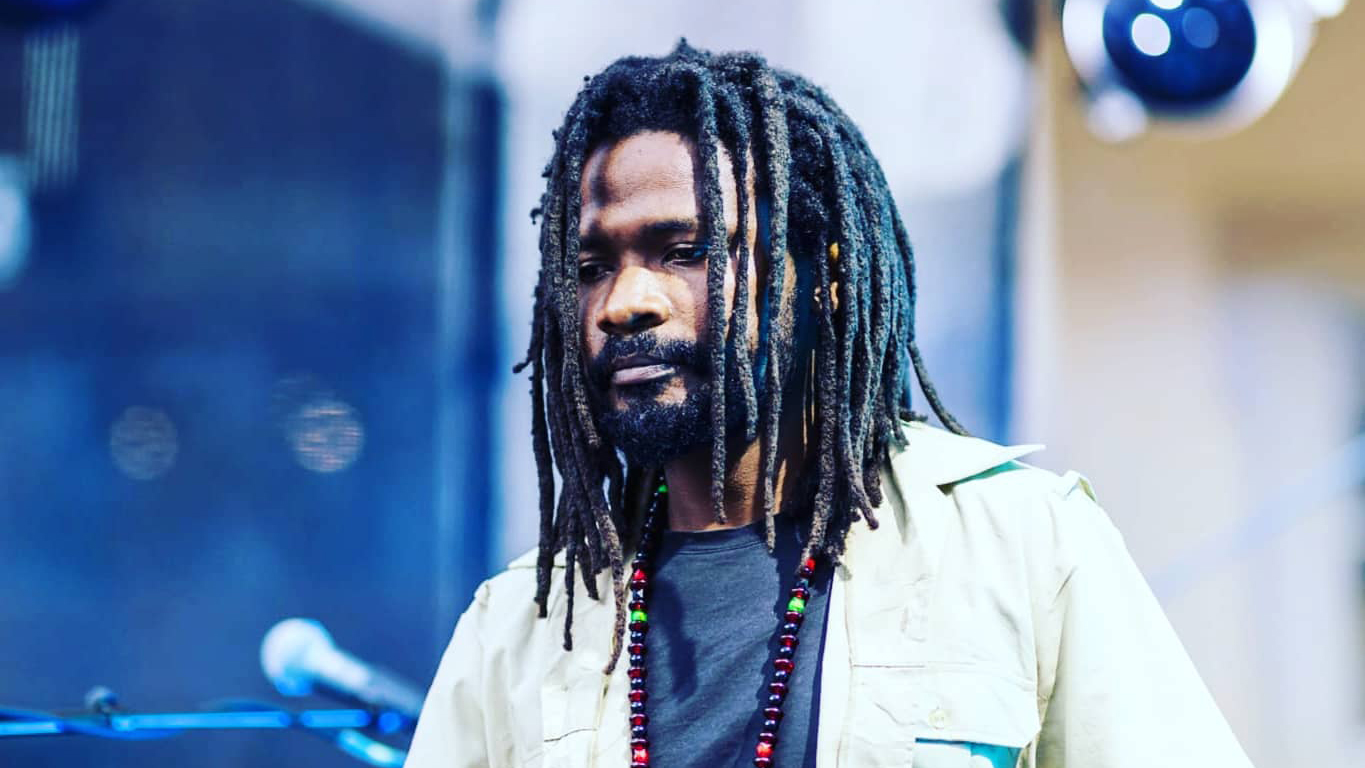
Alai K grew up surrounded by the traditional music of Kenya, soaking up ancestral songs and rhythms passed on by his father and great grandmother, both professional musicians, while nurturing a reverence for the ritualistic power of music that he believes transcends borders both geographical and cultural.
Years later, formative experiences in the clubs of Berlin led Alai to draw parallels between those traditional rhythms and the hypnotic 4/4 pulse of contemporary techno. “I love techno and believe that African drums influenced the percussion and programming," he says.
"lt’s coming from the same place; with both you get extended periods with no chorus or verse, just occasional chanted or chopped vocals. In Africa people play drums and dance for hours, which is the same experience as western electronic music."
On his latest release, Kila Mara, Alai joins the dots between the feverish techno of Jeff Mills and DJ Bone and the music that he grew up with: Giriama music, Taarab music, polyrhythmic patterns from across Mozambique, Malawi and Mombasa. “I want to express the patterns of electronica, but not necessarily by making straight techno." he says of his ambitions for the project.
"It’s magic how repetition can drive dancers into a trance-like state, but my structures are less rigid; they’re not confined to 8 or 16 bars, for example. I want to express the feeling of techno, but bring something new, from somewhere else. Drums are spiritual – however they’re used.”
When did you start making music, and how did you first get started?
“I’ve been making music since 1995. I started in Kenya, with a group called Ukoo Flani - they were the first hip-hop group in Kenya. I was rapping, and singing with the group. Some years later, I started playing music live with the band, composing my own songs and touring, playing festivals.
Get the MusicRadar Newsletter
Want all the hottest music and gear news, reviews, deals, features and more, direct to your inbox? Sign up here.
“We were working with different producers, different studios, but the end product wasn’t the way I like it. Many of the producers in Kenya, they’re the type to just give you a beat, and you’ll write lyrics on top - that wasn’t really my thing. Every time I was going to the studio I was missing something.
It shouldn’t be that techno music is played only with machines - this gets boring sometimes, just going to the club and DJing. I want to play this music live
“The Goethe-Institut started a project called BLNRB, where they brought some German producers to Nairobi, artists like Modeselektor, Teichmann and Jahcoozi.
"They set up studios in a townhouse and invited all these artists from Germany to work with Kenyan artists, including my hip-hop group, and this really opened my mind to music production. After that, I started producing my own music, and it’s been about seven or eight years now.”
Talk to us about your new album - what inspired this project?
“I moved here to Germany, and I was alone here. I always make music with other people, so I didn’t know what to do. I went to the clubs to find out what’s really needed, what’s not there, you know?
"I have a friend in Hamburg who is Kenyan, Izo Anyanga, he’s a percussionist. I was visiting him, and we started jamming and doing some small recordings. We invited another guy, Chalo T, and started recording in Hamburg, recording session after session then coming back to Berlin to work on them, translate them and try to bring out something different, something that is coming from my heart.”
Living in Berlin, did you find the music that’s prevalent there seeping into your own work? Was that an influence?
“On some tracks, yes, they really influenced me. Not so much on this album - I have a new album I’m working on, Disco Vumbi Vol. 3. This is only inspiration from Berlin, club music, discotheque music. Kila Mara is mostly inspired by traditional music, trying to bring my traditional music into electronic and give it a new look.
“When I came here for the project with the Goethe-Institut, I went to so many clubs here. All the clubs were only playing techno music - I was dancing, and they would give me a microphone to jam with them, you know?
"Every time I listen to techno it reminds me of spiritual music, tribal music, like it’s done in Africa. This is our style, before classical music came, it was more just patterns, rhythmic patterns. This is how I see techno myself, and every time I listen to techno I hear these patterns.
Music from Mijikenda, Giriama music, Taarab music, this is what’s influenced me
“I said, okay, why is there only beats in techno? Why are there no patterns for vocals? This was my idea, having these repetitive vocals. Chorus after chorus, not chorus then verse then chorus, and so on. This is my way of trying to bring something new - I don’t know if it’s going to work, but I feel like it should be done.
"It shouldn’t be that techno music is played only with machines - this gets boring sometimes, just going to the club and DJing. I want to play this music live, people should experience this music live, with drums and vocals and electronic sounds.”
Tell us about your studio/set-up.
“I have a home set-up. Mostly I’m using my Maschine, and Ableton. I use this studio mostly for creating and arrangement. I go to another studio, in a youth centre - this is where I make most of my productions, because I can make noise, I can sing loud.
"At home it’s just small arrangements, always using my headphones. All my arrangements I do at home, and all my mixdowns I do at home. But all the live recordings, vocals and everything, I do in the other studio.”
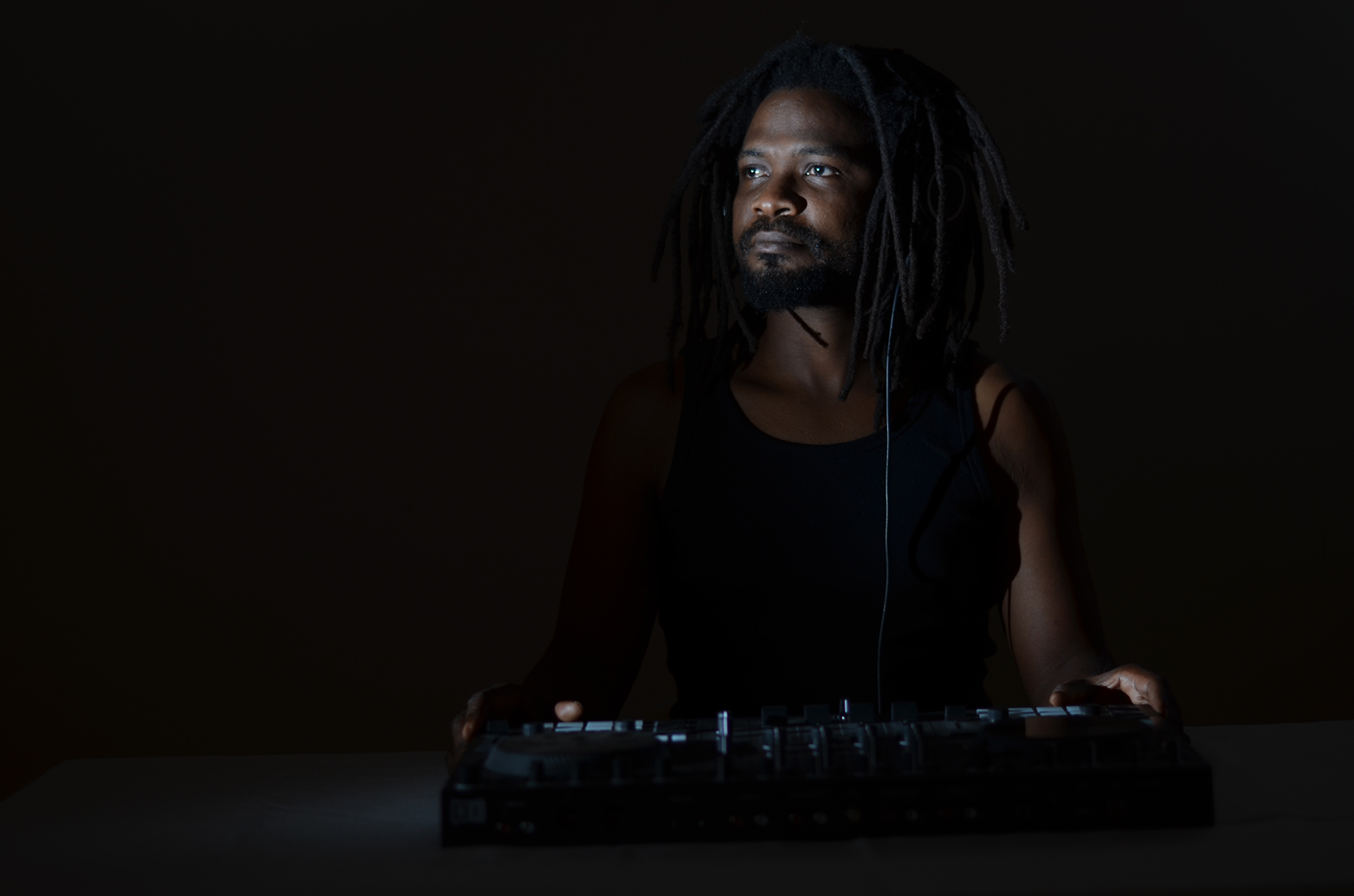
So the track ideas are mostly starting in a live context, then you’re laying them down in the DAW?
“Yes, the whole of Kila Mara - every track started live, nothing was started on the computer. Percussion, marimba, kalimba, sometimes vocals, this is how all the tracks were started.”
Are you mixing the live, recorded percussion with software instruments or samples?
“It depends. The next album, Disco Vumbi Vol. 3, is me playing electronic percussion, then recording vocals. I make beats out of feelings. I start with an idea of what I want, and maybe some vocals, I repeat the vocals, record them, chop it up and make a beat out of it. But with Kila Mara, everything was jamming, everything started live.”
Were there any tracks or artists that were particularly influential on the new record?
“It’s not so much influenced by other artists, but more influenced by traditional music from Kenya. Music from Mijikenda, Giriama music, Taarab music, this is what’s influenced me.
"It’s music I listened to when I was young, nobody’s giving a damn about it - people think it’s too traditional, they say we are young, why should we listen to this kind of music? So I want to approach this music in a new way, so the young generation can listen to it, and the older generation can still enjoy it.
“My great grandmother from Malawi, she was a writer and a great singer too. I didn’t meet her but when I was growing up, I had so many stories from my mother, and she would sing her songs. This is what inspired me, traditional music from my people.”
Alai K's new album, Kila Mara, is out now via On The Corner Records.



I'm MusicRadar's Tech Editor, working across everything from product news and gear-focused features to artist interviews and tech tutorials. I love electronic music and I'm perpetually fascinated by the tools we use to make it. When I'm not behind my laptop keyboard, you'll probably find me behind a MIDI keyboard, carefully crafting the beginnings of another project that I'll ultimately abandon to the creative graveyard that is my overstuffed hard drive.


